eLearning Online Tutoring Platform for K–12 schools
Using Python / Django, React.js and AWS services to build an online video eLearning web service supporting real-time collaboration between students and tutors
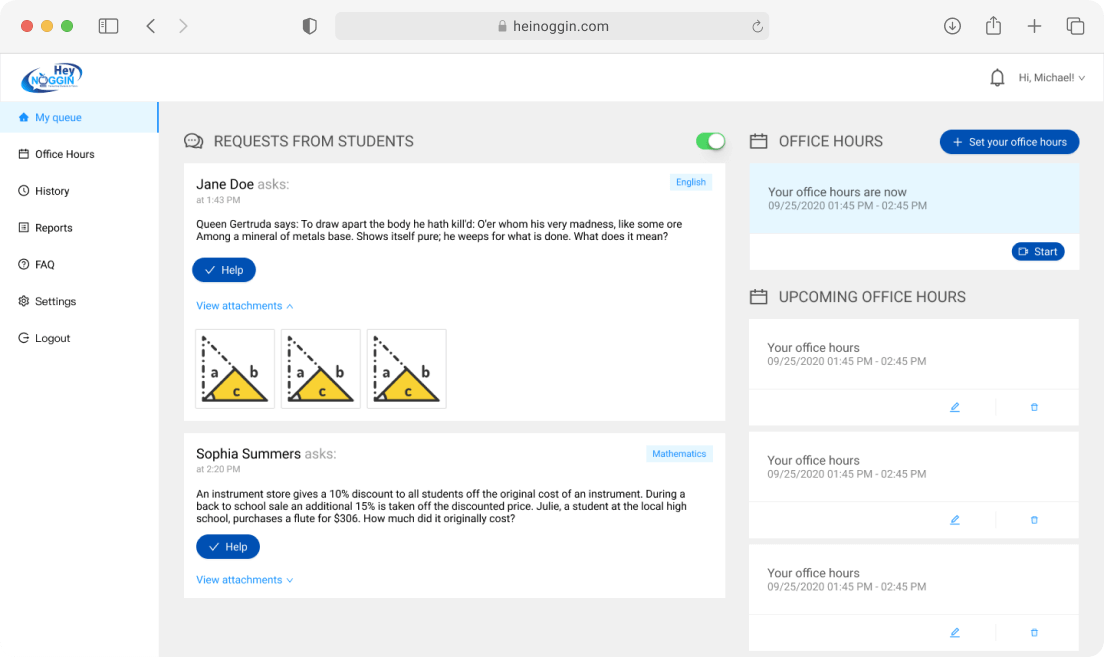

From Day 1, we focus on delivering value to your startup. Our Product and Engineering Leaders will take your idea, break it down into pieces, and put it back together into a software solution that’s ready for real users. Faster, cheaper, better.
We’ll help shape your business idea into a strategic software plan. You will be guided by industry experts to ensure your budget, timeline, and project scope meets your startup’s goals.
Great design is at the heart of a successful product. Our team will design a modern UX that prioritizes your preferences, industry usability standards, and the specific needs of your target market.
From thorough market research to final product development, we implore an agile methodology to bring your MVP vision to life, so you can get to market fast with a product that is optimized for real users.
Support doesn’t end at launch. Our DevOps engineering team will set up and configure a continuous testing suite aligned to your startup’s processes, so you can be confident in the long-term reliability of your software.

Our key competitive edge is a dedicated application development team obsessed with design and technology.
Our development process is built with startups in mind. We understand how to deliver bottom-line results, fast.
We take project ownership and responsibility for decisions that were made during software development.
Lean and agile approach combined with management expertise makes it simple for you to track progress.
We partner with entrepreneurs, business and technology leaders to bring their innovative software-driven products, processes, and business ventures to life.











Transform your ideas into software solutions faster with an experienced team of engineers, designers, and product leaders who understand the need for bottom line results.


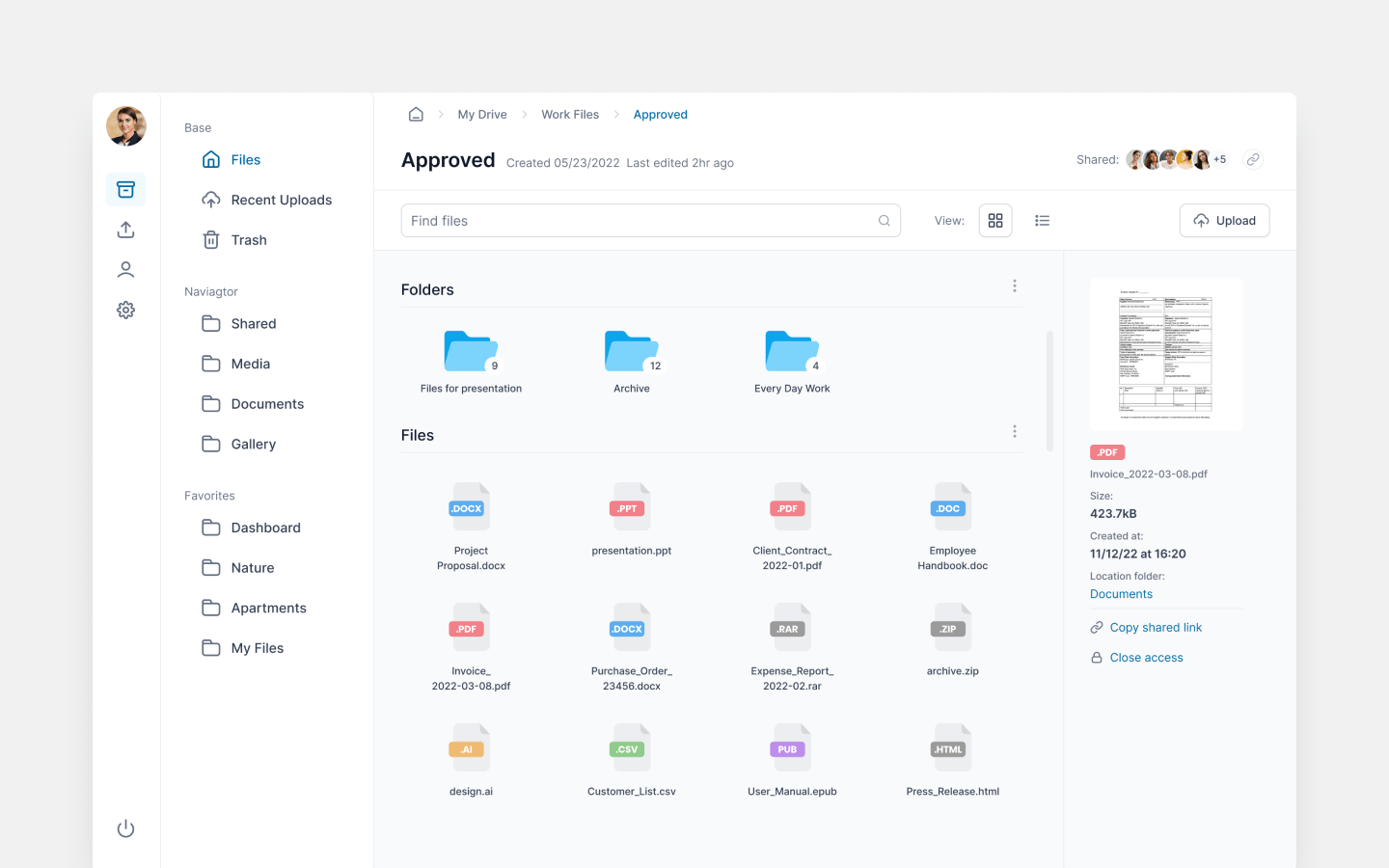
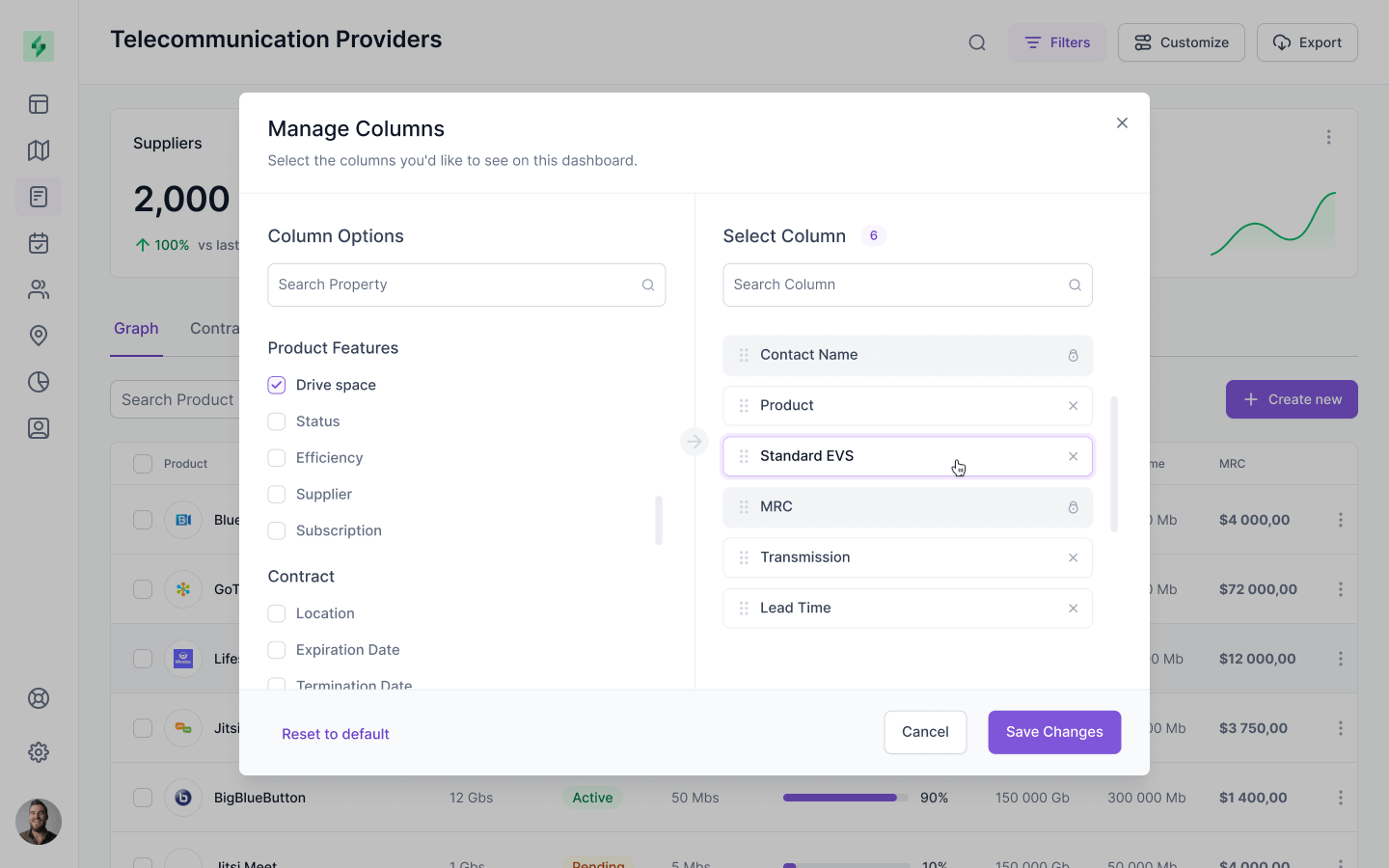


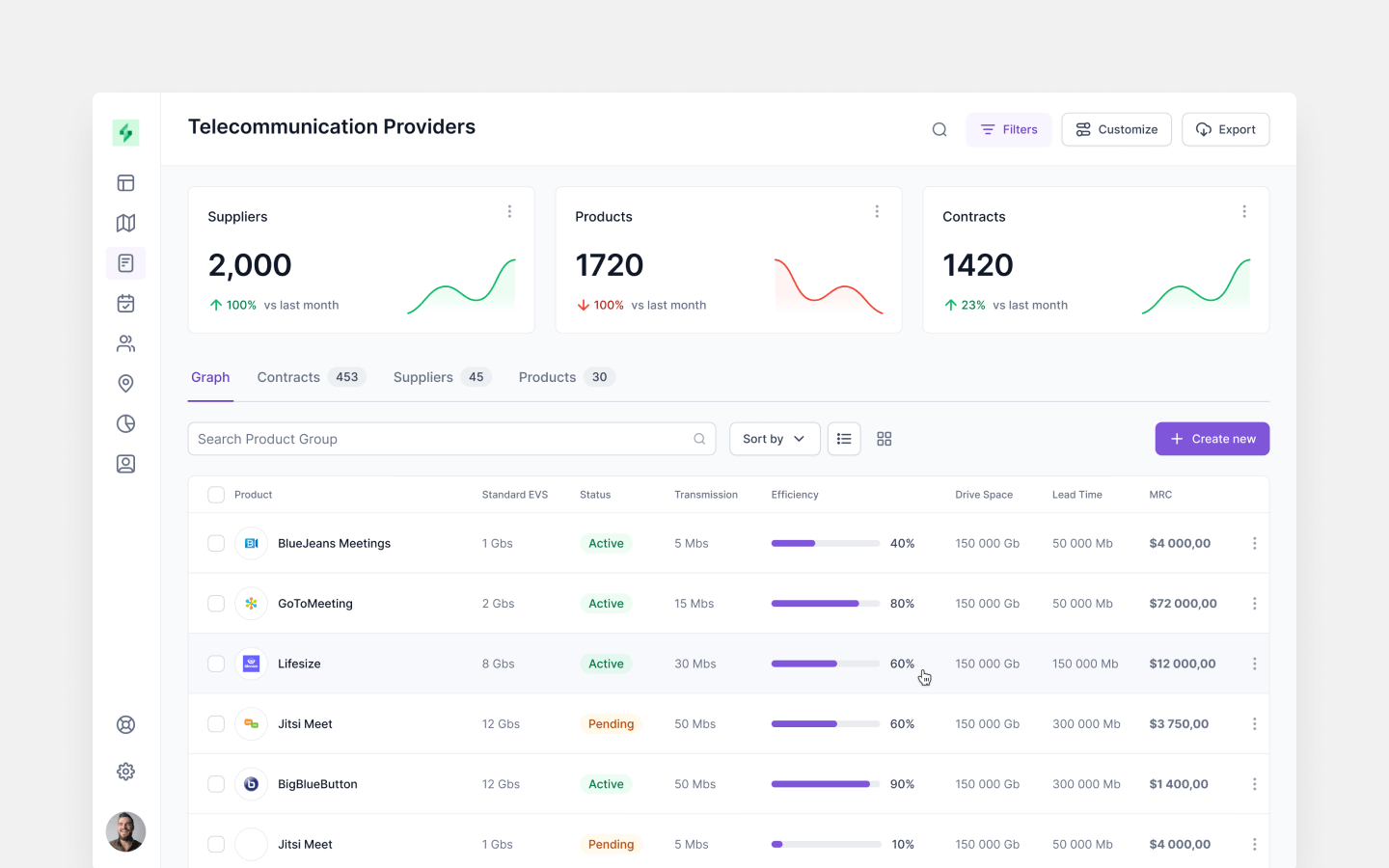
Using Python / Django, React.js and AWS services to build an online video eLearning web service supporting real-time collaboration between students and tutors

Designing, building, and deploying a Python/Django and React.js web application to enable investment and lending processes in a P2P lending network
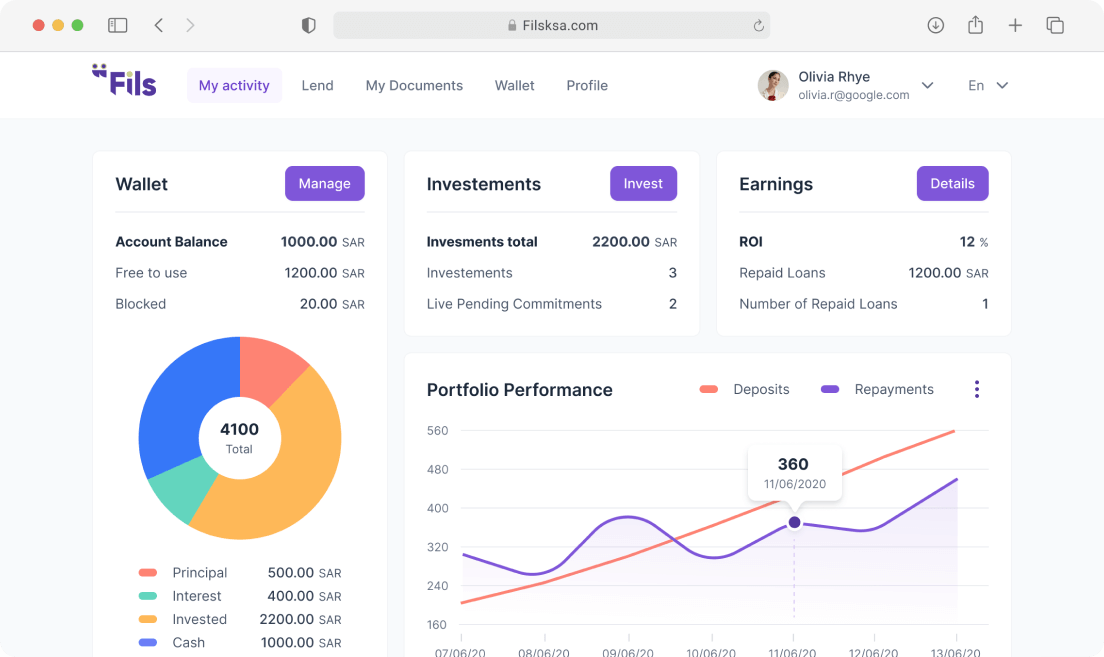
Using React.js and Redux services to expand an existing SaaS powered Event and Customer Relationship Management platform for web and mobile
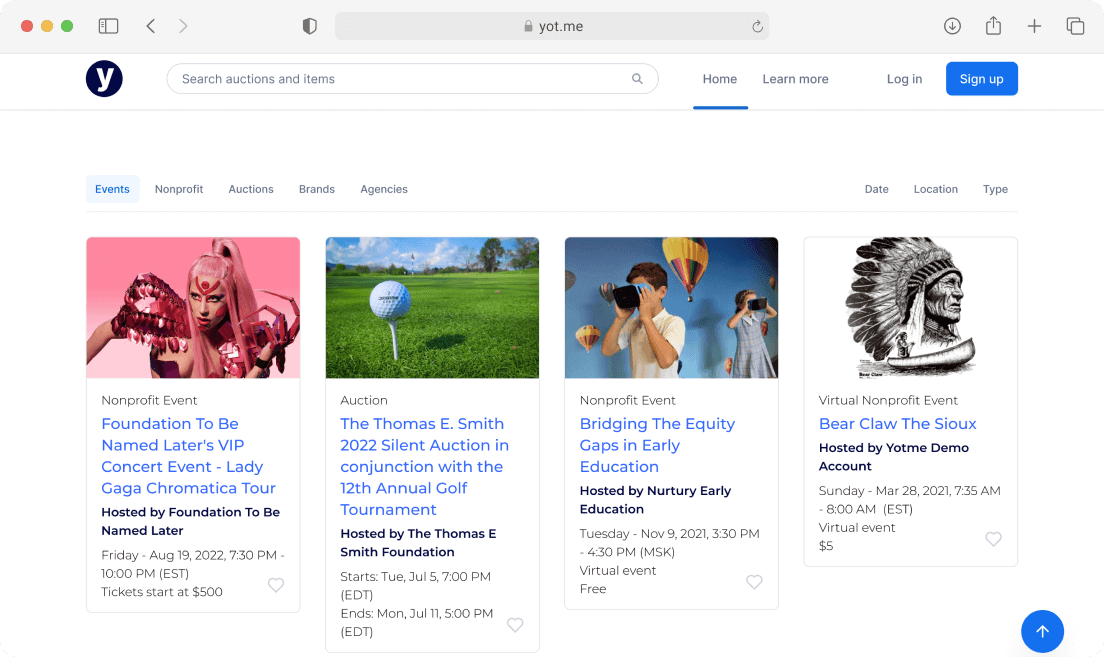


As startups navigate the challenges of limited resources and the need for rapid growth, strategic decision-making becomes paramount. Outsourced software development can be a particularly valuable approach for startups who may lack an in house software development team. Utilizing outsourcing services can be a strategic choice for any startup founder who wants to expedite their startup development and get to market faster. Specifically, a tech startup should note the following advantages:
Access to specialized skills and expertise
Startups often have limited in-house technical skills and resources. When startup outsource software development, they can tap into a vast global talent pool and access specialized skills and expertise that may not be readily available locally. This enables startups to leverage the technical knowledge and experience of seasoned professionals, enhancing the quality of their software solutions and helping them to achieve more growth, faster.
Cost-effectiveness
Most startups operate on tight budgets and need to allocate their resources wisely. Outsourcing software development provides a cost-effective solution as it eliminates the need to hire and maintain a full in-house development team and project managers. Instead of investing in salaries, benefits, and infrastructure, startups can leverage the partner's resources and pay for services on a project basis or as per the agreed-upon terms. Those cost savings allow startups to optimize their funds and invest in other critical areas of their business.
Focus on core competencies
Startups need to concentrate their efforts on their core business activities, such as developing their product or service, team building, maintaining customer relationships, and growing their market presence. By outsourcing software development, startups can delegate the process to dedicated professionals, freeing up their time and resources to focus on their core competencies. This streamlines operations, increases efficiency, and enhances the startup's ability to achieve its strategic objectives.
Scalability and flexibility
Startups often experience fluctuations in their business needs and demands. When startup outsource software development, it gains flexibility to scale operations quickly and efficiently. The software development agency can adjust the resources allocated to the startup's projects based on the changing requirements, ensuring the right level of support without the need for extensive infrastructure investments or workforce management. This scalability enables startups to adapt swiftly to market conditions, seize growth opportunities, and remain agile in a competitive landscape.
Faster time-to-market
Time is of the essence for startups, and outsourcing software development can accelerate the development process. Outsourcing firm will deliver project within specified timelines and can leverage their experienced developers. This allows startups to bring their products or services to market faster, gain a competitive edge, and seize early opportunities.
Read More: 7 Key Reasons Why Companies Outsource Software Development
Some of the most common services that startups outsource to software development companies include:
Custom software development
Work with an outsourcing software development company to build tailor-made software solutions to meet specific business requirements. Typically it implies fully outsourcing project core competencies from end to end.
Web application development
This service includes building web-based applications, ranging from simple websites to complex platforms like content management systems. In this case, you should expect web or mobile app development services.
MVP development
Startups frequently leverage MVP development to quickly validate their product ideas in the market. Outsourcing MVP development allows startups to collaborate with experienced teams who can efficiently build and launch an initial version of their product with essential features, gaining valuable user feedback and insights.
UI/UX design
User experience (UX) and user interface (UI) design are critical factors in the success of software products. Startups often outsource UI/UX design services to ensure visually appealing, intuitive, and user-friendly interfaces that enhance customer satisfaction and engagement.
QA and software testing
Outsourcing can go beyond outsourced software development. Software development agency can also offer QA and testing services to ensure the reliability and stability of software. You can expect teams to use various testing methods to help to identify and rectify any flaws or bugs.
Consulting
Software development outsourcing companies provide guidance on technology strategy, digital transformation, and IT infrastructure, aiding startups in leveraging technology as part of their tech startup business plan.
Read More: 5–Step Proven Process How to Outsource Software Development
There are many software development outsourcing models you can use depending on your needs. There is no right or wrong model across the board. What will work best for you will depend on things such as your project scope, project objectives, team structure, and team availability (or lack of). The three main models to outsource software development are:
Dedicated team model:
Project-based model:
Staff augmentation model:
Not sure which way you want to go? Feel free to get in touch with us and we can help recommend a outsourcing model that is most appropriate for your situation.
Read More: Software Development Outsourcing Models — Which Is Best?
At Softkraft, we embrace modern software technologies to ensure your application will be built to last. For most early stage startups, we utilize Django, which is an open source development framework that is based in Python, which is cost effective and makes it easy to build high quality software.
Python is a popular programming language that offers enhanced process control capabilities. The diverse application of the Python language is a result of the combination of features that give this language an edge over others:
No other languages on the technology market give so much cost savings for tech startup. Python allows cross-platform development, web apps development, statistical analysis, data manipulation, machine learning, and artificial intelligence, to name a few development solutions.
For the frontend, we use mostly React and Vue.js that provide the following benefits for your software:
Read More: 7 Powerful Tips to Speed Up Software Development for Startups
With a plethora of choices available - over 23,000 custom development services listed on Clutch.co alone - making the right choice can be daunting. And for startup companies specifically, choosing the right software development company holds even greater significance. Startups often operate with limited resources and face unique challenges, making the selection process crucial for their success.
When reviewing potential software vendors, we recommend early stage startups business leaders prioritize outsourcing partner who can provide:
Flexibility and scalability: Startups require a partner that can adapt to their changing needs and accommodate their growth trajectory. Look for software development company that has experience working with tech startups and understands their agile nature. They should be able to scale their resources and adjust their services to meet the evolving requirements of a startup. It shouldn’t be a problem to add a software developer to a project on the fly to expedite delivery.
In-depth industry knowledge: An ideal software outsourcing development team should possess deep industry knowledge. Understanding your business needs, market dynamics, customer behavior, and the competitive landscape allows them to tailor solutions that address specific challenges and provide a competitive edge. Their familiarity with industry standards and trends can drive innovation and help shape a product that resonates with your target audience.
Effective communication: Excellent communication skills are critical for successful collaboration without outsourced developers throughout the development process. Strong communication can ensure that expectations are set correctly, information is shared promptly, and any issues are addressed swiftly. The outsourcing company should also be comfortable with the preferred communication tools and methods of your startup team, ensuring a smooth flow of information, quick problem resolution, and ultimately, a successful project completion.
Organized structure and efficient team dynamics: An organized business structure coupled with efficient team dynamics can have a significant impact on the project's success. The software development outsourcing company should have clear roles and responsibilities, a well-defined outsourcing model, efficient decision-making processes, and a culture that promotes collaboration, creativity, and problem-solving. This ensures that your project runs smoothly, reduces overhead, and fosters a productive partnership.
Read More: Hire Software Developers for Startup — 5 Easy Steps for Founders
For your startup to effectively execute software development outsourcing, thorough preparation and a well-crafted outsourcing strategy are crucial. Regardless of how great your idea is, if it isn’t well thought-through and documented, you’ll spend a lot of time and money going back and forth trying to build the right product. A successful startup will take the time to document their vision. To accomplish this, we recommend you:
Define your project goals: Start by clearly identifying your startup's specific objectives for the software development project. Whether you're aiming to create a new application, enhance an existing system, or address a particular business challenge, having a clear understanding of your goals is essential. Involve relevant stakeholders, including startup leaders, potential end-users, customers, or external advisors, to gather insights and align expectations with your project objectives.
Clarify your MVP: It can be tempting to build every possible feature, but the most effective software products are those that have been built in phases, allowing real users to provide feedback. Work with your stakeholders to determine what your “bare minimum” is - what are the key features that will make your product functional for users. Set all other features to the side for now.
Develop a focused Scope of Work (SOW): Before reaching out to potential outsourcing partners, prepare a well-defined SOW document that outlines your budget and project requirements. This document provides potential outsourcing partners with a comprehensive understanding of your project's scope and complexity. Collaborate with stakeholders to craft an SOW that effectively communicates your startup's vision and expectations.
Prioritize your startup's needs: Determine the key priorities for your startup before you outsource software development. This could include factors such as budget constraints, project timeline, specific expertise required from the software company, geographical proximity, or scalability options. Establishing these priorities enables you to streamline the decision-making process and identify a software outsourcing company that aligns closely with your startup's unique needs and goals.
Develop an evaluation framework: Create a systematic evaluation framework to assess potential software development teams. This framework should encompass critical factors derived from your established priorities. Consider elements such as cost, technical expertise, portfolio, communication efficiency, project management style, client reviews, and availability. By scoring each outsourcing partner based on these parameters, the evaluation framework provides a structured approach to compare different vendors and make an informed decision.
Read More: How to Build a Minimum Viable Product in 5 Steps + Template]
Having effective communication channels established with your outsourcing partner is absolutely crucial. Priorities will change, features will be added, issues will be identified - and if you don’t have strong communication with your vendor, these will turn into much larger problems than they need to. To ensure you have effective communication with the company who is providing you outsourcing services, we recommend your startup:
Define communication channels and expectations
In the early stages of the project, establish clear communication channels and determine the frequency and mode of communication that works best for both parties. Clearly define expectations for regular check-ins, progress updates, and milestone reviews throughout the technology development. Having a well-defined communication plan sets the foundation for effective collaboration.
Designate a dedicated point of contact
Assign a single point of contact within your startup who will serve as the main liaison with the outsourcing team. This person should have a deep understanding of the project requirements and objectives. Having a dedicated point of contact streamlines communication, reduces miscommunication, and ensures that information flows smoothly between both parties throughout the startup project.
Foster a collaborative culture and proactive communication
Encourage a collaborative and transparent culture between your startup and the outsourced team. Promote open dialogue, idea sharing, and proactive communication from both sides. Emphasize the importance of providing regular updates, asking questions, and addressing any concerns promptly. This fosters a sense of shared ownership, strengthens the partnership, and enables timely resolution of challenges.
Read More: Communication Plan in Project Management [Practical Template]
The work doesn’t end when the software is ready for release into the market. In fact, much of the work on your side is just beginning. As you wrap up the work with your software partner, we recommend you follow these steps to ensure a smooth transition:
Know what is included in your contract
When your project is wrapping up, make sure to review your contract to understand what hand-off and post-launch support are included in the contract. Will the source code be provided? Will additional QA testing be performed? What happens when bugs are found? If you have questions about the terms of your contract or would like to adjust the terms, now would be the time to discuss that with the project manager.
Conduct knowledge transfer
Regardless of what exactly is in your contract, you should expect some level of knowledge transfer from the development teams and your internal team. The software team should set this up proactively, but if they don’t, make sure you do. Ensure you have the appropriate level of information to operate your software, make changes or augment it in the future.
Implement a phased handover approach
If you’re transitioning a project mid-way through, consider a phased handover approach where responsibilities are gradually transferred from the partner to your startup's team. Clearly define the phases, milestones, and roles/responsibilities during the handover process. This approach allows for a systematic transition, reduces the risk of information gaps, and ensures a smoother transfer of ownership.
Maintain open communication and collaboration
Maintain open lines of communication and collaboration throughout the transition period. Conduct regular progress reviews, address concerns promptly, and provide feedback to ensure alignment between your startup and the startup development company. Effective communication allows for timely adjustments and minimizes potential roadblocks.
Read More: Software Development Planning - Perfect Project Plan in 10 Steps


![Building a Minimum Viable Product in 5 Steps [+ Template]](/uploads/blog/how-to-build-a-minimum-viable-product/how-to-build-a-minimum-viable-product.png)
![Product Validation — 12 Ways to Test Your Product [with Examples]](/uploads/blog/product-validation/product-validation.png)

